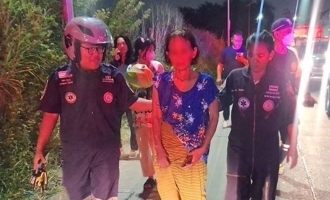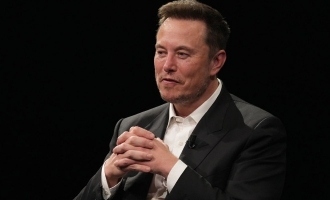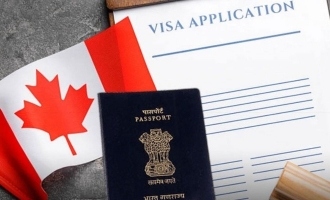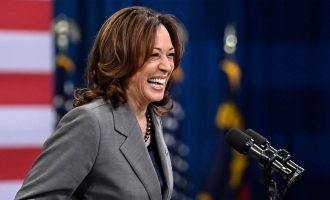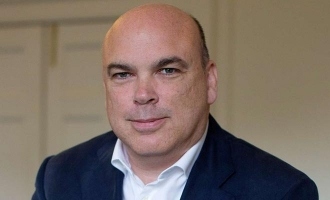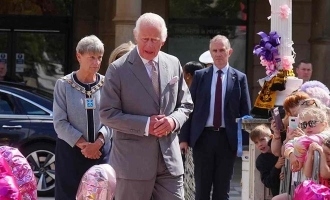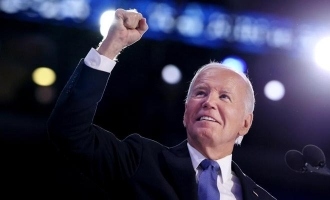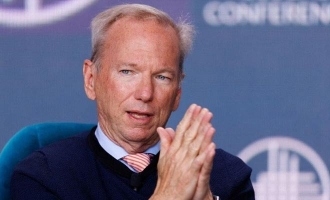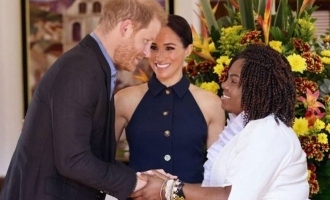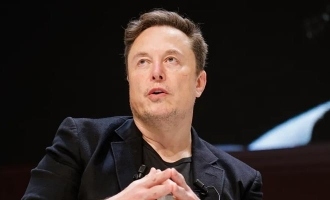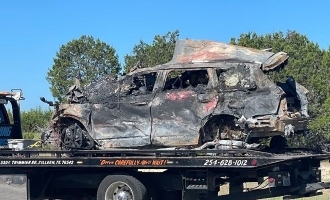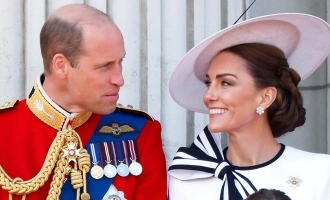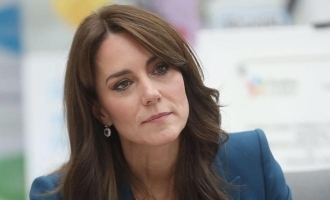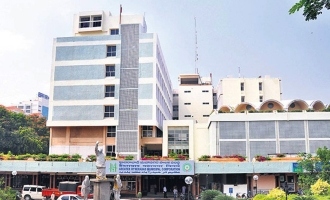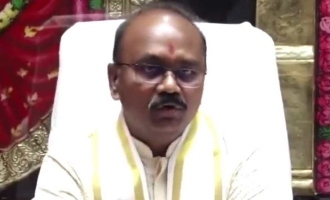Nagasaki's 78th Anniversary: Reflecting on the Consequences of Nuclear Warfare


Send us your feedback to audioarticles@vaarta.com


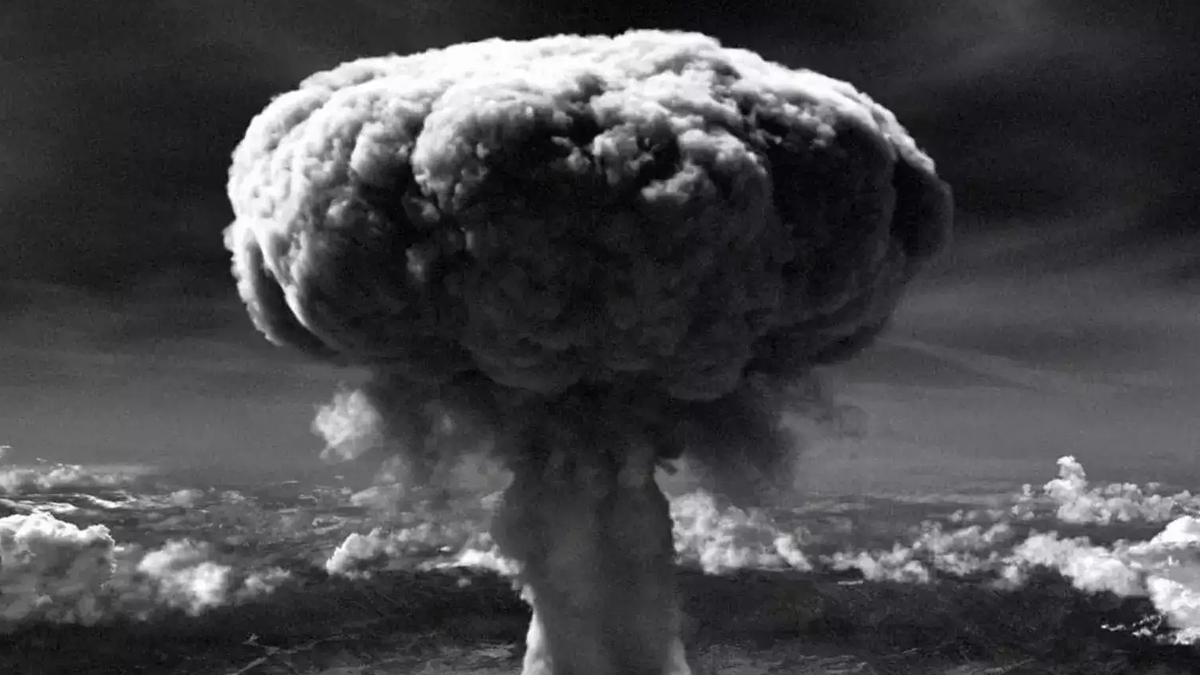
Nagasaki observed the 78th anniversary of the US atomic bombing on August 9. The United States dropped the second bomb, named "Fat Man" on Nagasaki three days after Hiroshima was destroyed by its infamous first atomic bomb "Little Boy". On her part, Prime Minister Fumio Kishida said she felt condolences. She promised to work toward a world without nuclear weapons.
"As the only country to have suffered atomic bombings, we will continue our efforts to realize a world free of nuclear weapons," Kishida said in a video message. UN Secretary-General Antonio Guterres also stressed their eradication as an indication not to experience such dire results again.
The atomic bombings were strictly directed against hastening Japanâs surrender during World War II, with the death toll from the Hiroshima bomb amounting to about 140,000. The "Fat Man" bomb dropped on Nagasaki claimed over 80,000 lives and led to Japanâs unconditional surrender. More than that, Nagasaki Day spreads internationally in the promotion of peace and raising awareness about nuclear threats, often involving anti-war and anti-nuclear demonstrations.
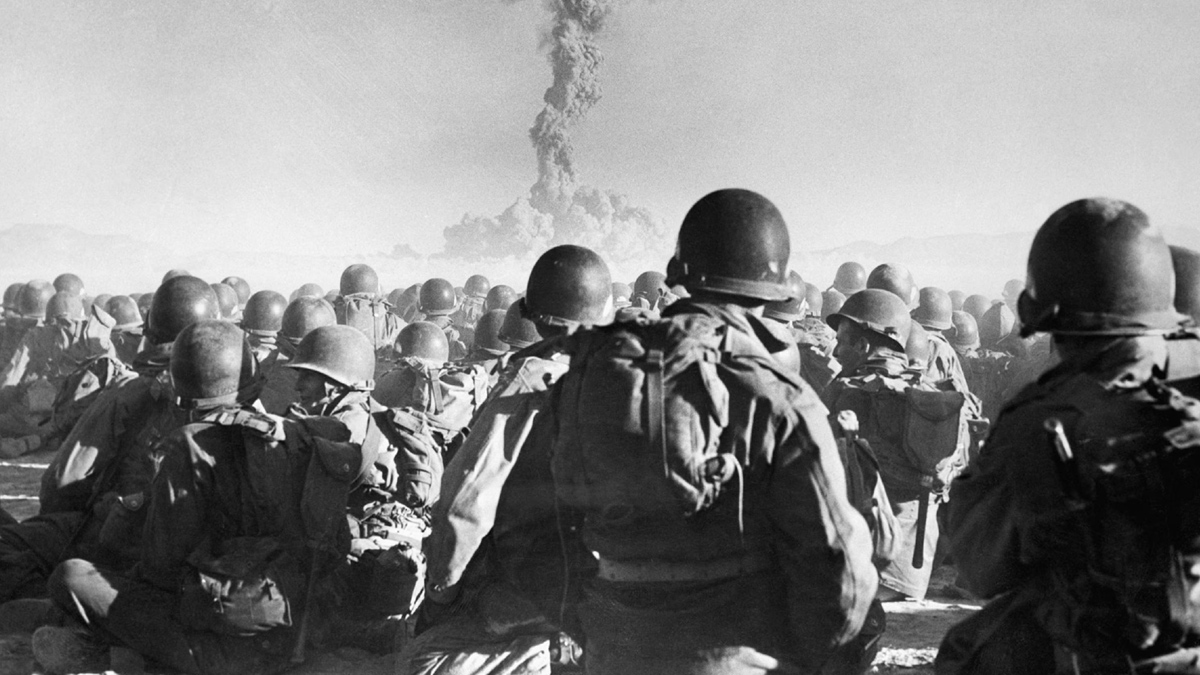
As the world pays tribute to these historic tragedies, the hope for lasting peace remains paramount. The historical tragedies underscore the imperative for preventing the use of nuclear weapons and ensuring a safer future for all humanity.
78 years ago, atomic weapons were used on Nagasaki.
— António Guterres (@antonioguterres) August 8, 2023
We must never again allow such devastation to occur.
The only way to eliminate the nuclear risk is to eliminate nuclear weapons.
Follow us on Google News and stay updated with the latest!
Comments
- logoutLogout





 Follow
Follow




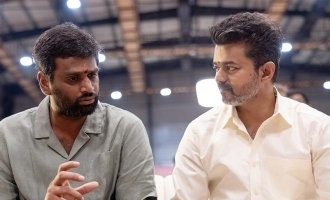
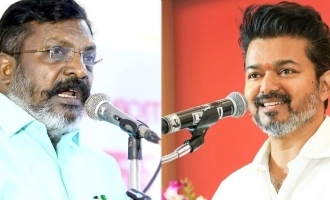


-a3e.jpg)
-3c4.jpg)
-e5c.jpg)
-e66.jpg)
-71b.jpg)
-5d5.jpg)
-adc.jpg)
-798.jpg)

-7c2.jpg)

